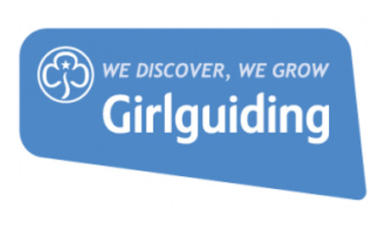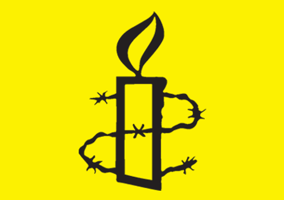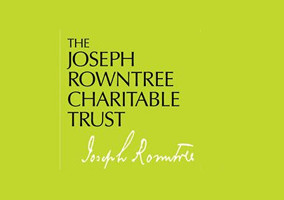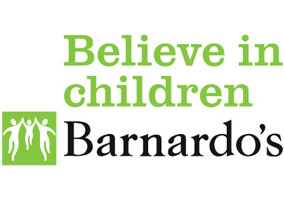Girlguiding has apologised and set out a new strategy after an audit found discrimination within the organisation.
The charity conducted a diversity and inclusion audit with over 200 people within Girlguiding, including volunteers, girls, parents and carers and staff.
It revealed instances of racism, Islamophobia, homophobia, biphobia, transphobia, and discrimination against disabled people and people experiencing economic disadvantage.
This audit formed part of its organisational strategy, which launched in 2020.
The charity's income for the year ending 31 December 2019, was more than £26m, with spending at £24m.
Racism
The audit found racialised jokes and microaggressions, such as mixing names, making comments about people’s food or touching people’s hair, and purposely mispronouncing names, “have been a common experience”.
A girl was called the n-word in a unit meeting and one child “was told by another girl that she didn’t want to hold her hand because she is dirty (referencing her skin colour)”.
The audit found the parent was too worried about backlash to raise this with the leader, and the same girl was kicked by a different girl using a racial slur towards her.
Participants also mentioned general pushback when trying to publicly speak about reaching out to Muslim communities. One girl was also reportedly asked by a leader to remove her hijab on a trip.
Transphobia and homophobia
The audit also reveals that many staff members witnessed transphobia when interacting with volunteers and that separation of same-sex couples when volunteering together was reported as a “common practice”.
On multiple occasions, participants said that young LGBT members were asked to sleep in separate tents or encouraged not to go on trips.
There were also instances of disability exclusion, cultural appropriation, and working-class exclusion.
In some instances, volunteers felt they had to pay for uniforms and subs for working-class girls in order to make it more accessible for them.
The audit reports that some young members mentioned good practice and how they felt supported by their leaders.
Trans inclusion was mentioned as an example of good policy change, but participants also mentioned that even more guidance and explanation needs to be given.
Some leaders felt that they had to keep quiet when they had a non-binary young member or a young member that came out as a trans boy, because they were afraid they would be told to ask the young member to leave.
A recurring theme both in the workplace and within membership was the lack of diversity in leadership positions.
‘It isn’t good enough and we want to change’
A joint statement from Girlguiding’s chief executive Angela Salt, chief guide Amanda Medler, and chair Catherine Irwin, reads: “Though members and staff told us about times we’d got inclusion right and their commitment and loyalty to Girlguiding, they also shared their experiences of when we haven’t got it right and how it made them feel.”
This means “Girlguiding is not yet as diverse and inclusive as we want it to be”, and the charity needs to do more to support inclusion.
The leaders' statement apologises “that we’ve not done enough sooner” adding there is a “bold strategic” plan to achieve better diversity and inclusion in the future.
Commenting on the audit, Irwin added: “On behalf of Girlguiding, I am deeply sorry to all the individuals who shared their difficult experiences with us through this process, and to anyone in our guiding community who has had a similar experience to those outlined in this report. Girlguiding has let you down. It isn’t good enough and we want to change. Thank you for caring about helping us to change and for your support in helping us do better in the future.”
She said that her priority as chair “is to build and earn people’s trust in our new commitment to tackle the issues we’ve identified”.
Actions
Girlguiding has now launched a plan to promote diversity and inclusion.
This will include taking a zero-tolerance approach to discriminatory behaviour, updating its policies and improving how people can report concerns and get support.
The charity will improve how it collects and checks information about the demographics of members and staff and start reporting on ethnicity pay gaps each year.
Girlguiding also plans to review its own history to make sure that “how we tell our story reflects who we are today”.
Currently 23% of volunteers and 10% of young members are disabled or have a long-term condition.
The charity has also been working with others to develop new learning tools. For example in partnership with Leonard Cheshire, Girlguiding has created a disability and inclusion e-learning to provide practical examples for how to create an inclusive environment for girls and volunteers.
It has also created guidance with the National Autistic Society to help volunteers understand autism and enable autistic members to get the most out of guiding. And it will be working closely with The Children’s Society and has updated its advice on supporting young carers to reflect best practice.
Related articles












